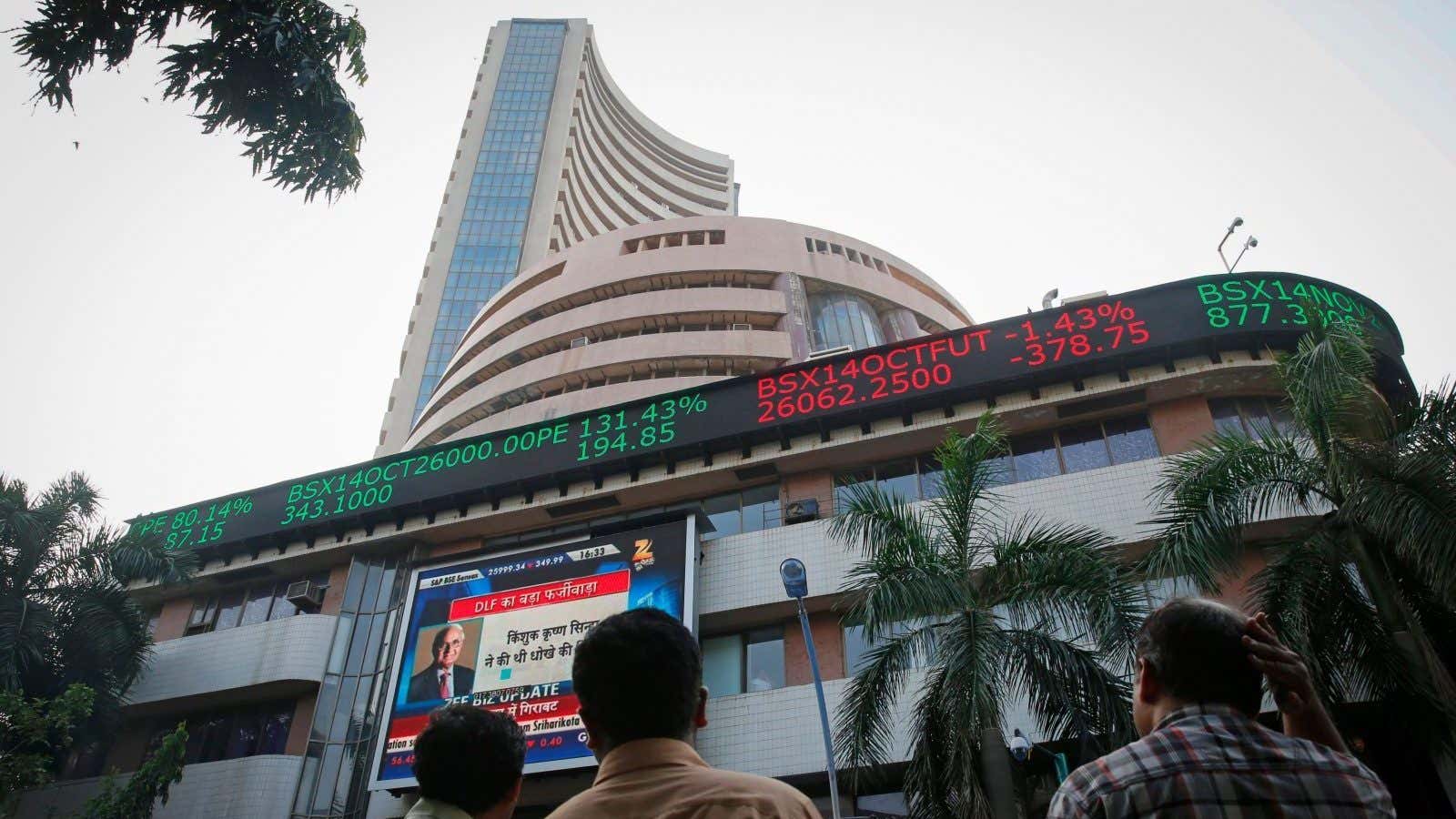Back in 1995, when working in the US was seen as the ultimate achievement for an Indian techie, Dinesh Agarwal quit his job with HCL Technologies and moved back home.
India had officially opened up the internet to the masses that year, and Agarwal wanted to launch an online venture in the country.
Over the next few months, Agarwal dabbled with several online business ideas including starting a website development company and an online directory of all Indian exporters. In 1996, he finally zeroed in on one idea and launched IndiaMART, a business-to-business (B2B) e-commerce portal.
More than two decades later, IndiaMART is all set for a Rs500 crore ($75 million) initial public offering (IPO).
IPOs are a rarity in India’s $27 billion e-commerce industry, where companies have mostly stayed away from the bourses due to poor financial performance and the fear of heightened scrutiny that comes with going public. So far, the only e-commerce company to pull off an IPO in India is Infibeam, which listed in 2016.
Riding the internet boom
The idea of setting up a B2B e-commerce portal first came to Agarwal when he saw that exporters from India had to forgo a huge chunk of their profits just to appoint agents in other countries to promote and sell their products. It didn’t help that there was scarcely any information about Indian exporters available on the internet.
So, Agarwal, in his own words, decided “to democratise the Indian business information.”
“There was very little information available abroad about Indian manufacturers, Indian handicrafts. And any small and medium enterprises (SMEs) in India would have had a difficult time to market (their) products (in international markets through trade shows),” Agarwal, currently the company’s managing director, told Quartz in an interview.
In the beginning, IndiaMART allowed only exporters to list details about their businesses and products, and reach out to prospective overseas buyers.
But in 2008, as China began dominating international trade, exports from India stagnated. At the same time, there was a massive growth in internet access in India. So IndiaMART decided to pivot from operating an international business to focusing on the domestic market.
With $10 million in funding from Intel capital, IndiaMART re-launched its B2B marketplace with a focus on the subcontinent.
Now, the 22-year-old online portal caters to SMEs and traders across sectors including manufacturing and industrial tools, electronics, automobiles, and fashion accessories. The company has a subscription-based model, where SMEs pay an annual fee for creating, operating, and marketing their products on indiamart.com. IndiaMART currently has around 4.7 million suppliers and 60 million buyers transacting on the website, and competes with the likes of Alibaba, TradeIndia, and ExportersIndia.
Going forward, IndiaMART is looking to expand its business to larger companies and not just focus on SMEs. The company is also increasing its tech offerings in keeping with the latest trends.
“We have recently launched a payments facilitation and an escrow programme,” Agarwal said. ”The adoption of digital technologies and digital payments has improved considerably post-demonetisation.”
In the year ended March 2018, the company posted revenues of Rs410 crore, and turned profitable at a cash-flow level, earning Rs182 crore from operating activities. So far, IndiaMART has raised nearly Rs200 crore from venture capital investors, including Intel Capital, Amadeus Capital, and Accion Frontier Inclusion Mauritius.
“The company is going steady in the last two-three years,” Agarwal said. “We’ve been growing at 30% revenues and we have become cash-flow positive.”
IPO plans
IndiaMART is going public mainly to provide an exit route for its investors. “We had raised money from Intel Capital almost 10 years ago, so we wanted to give liquidity to all the investors, including the founders,” said Agarwal. None of the IPO proceeds will be used to fund the company’s business.
IndiaMART’s existing investors and promoters, Dinesh Agarwal and Brijesh Agarwal, will be selling around 4.2 million shares through the listing, according to the company’s draft red herring prospectus filed with the Securities and Exchange Board of India on June 29.
And analysts expect IndiaMART to have a good run on the stock market.
“It is a pretty solid company; they’ve sort of created this space of B2B e-commerce. This is a sort of differentiated story, very different from a typical e-commerce (company),” said Pranjal Srivastava, senior vice-president and head of equity capital markets at ICICI Securities. “So there will be demand for this kind of a story. They’ve shown growth, so we are expecting there to be a demand.”
